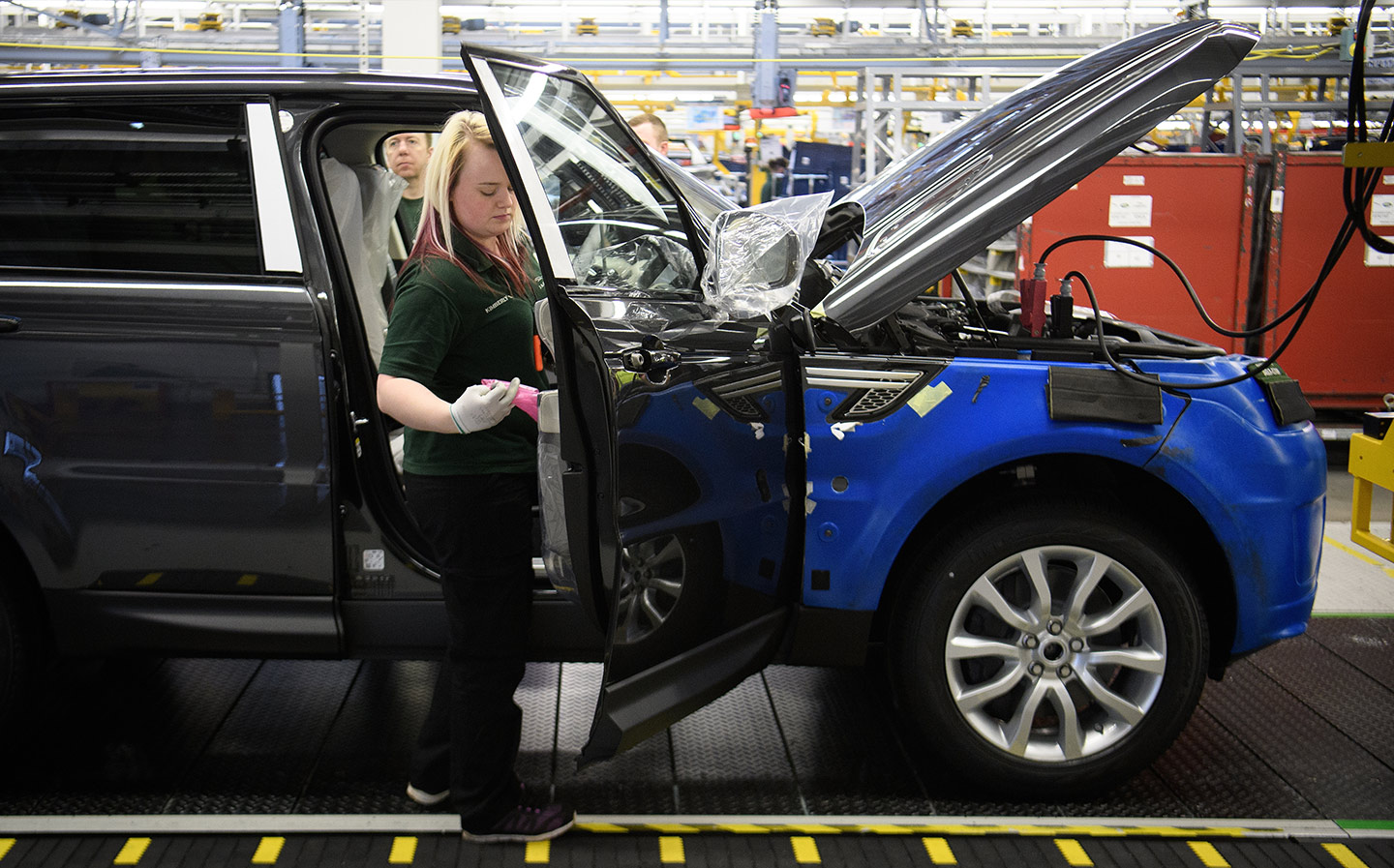Weak sterling fuels rising car exports and production
As success in the export market makes up for falling domestic sales, keeping free trade with the EU is vital
OVERSEAS demand helped to lift British car production to its best February in 17 years.
Boosted by the weaker pound, output rose by 8% on the previous February’s figure to 153,041 units, according to the Society of Motor Manufacturers and Traders (SMMT). Production also rose in January, by 7.5% year on year.
The increase in cars rolling off assembly lines last month was driven by strong exports, which were up 13.4% to 118,898 in February.
Browse NEW or USED cars for sale
That helped to offset another fall in the domestic market, which was down 7.4% to 34,145, a greater decline than the 3.6% recorded by the SMMT the previous month.
The British car industry has become increasingly focused on exports, which accounted for 77.7% of overall production last month, compared with 74% a year ago. Manufacturers celebrated record export levels for a second consecutive year in 2016, when more than 1.35m cars were shipped worldwide.
However, there are concerns that the industry could be hit by the fallout from Brexit and uncertainty over access to overseas markets.
The British car industry exports to more than 160 countries, with America accounting for 14.5% of vehicles, Germany 8.6% and China 6.5% last year. The European Union was the biggest export destination, making up 56%.
Mike Hawes, chief executive of the SMMT, said the figures underlined the export-led nature of the motor industry. “With eight out of every 10 cars we produced destined for international markets, and half of those for customers in the EU, we must avoid barriers to trade, whether tariff, customs or other regulatory obstacles, at all costs,” he said.
Alex Ralph
This article first appeared in The Times





